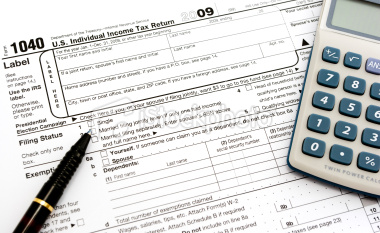Business Partnerships: Taxes and Other Considerations
A partnership is an unincorporated association of two or more people who act as co-owners of a business for profit. Under New Jersey business law, a partnership may be created even when there is no written partnership agreement between the parties (this is known as “defacto partnership.” However, just like any other business venture, a partnership is required to register their business with the State of New Jersey Secretary of State and obtain an employer identification number for tax purposes.
While a partnership agreement under New Jersey partnership law is not necessary, in the event that there is no partnership agreement, the default rules for partnerships will govern a partnership. Every partnership which has either income or loss from sources within the State of New Jersey, or in which any partner resides in New Jersey must file tax forms with the State of New Jersey. Beginning on January 1, 2015, the New Jersey Division of Taxation discontinued the use of tax Form PART-100 (which was previously used to report the gross income tax filing fee and the corporation business tax) and created two new partnership tax forms (Forms NJ-1065 and NJ-CBT-1065.)
For tax purposes, each partner received profits and losses just as though it were personal income, but set forth on a Schedule K-1. (This is different from a corporation which is separately and additionally subjected to taxes on the business’s earnings.) A partnership with more than 2 owners must pay a filing fee per owner. The fee is currently $150 per partner. The fee is applicable to any owner notwithstanding the fact that the owner may only be a partner for part of the year.
 New Jersey Lawyers Blog
New Jersey Lawyers Blog




